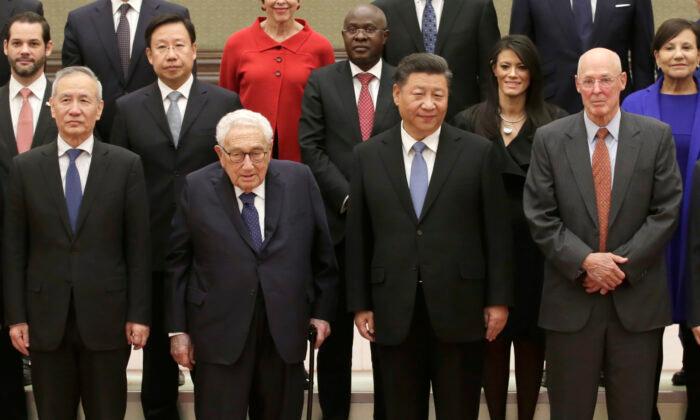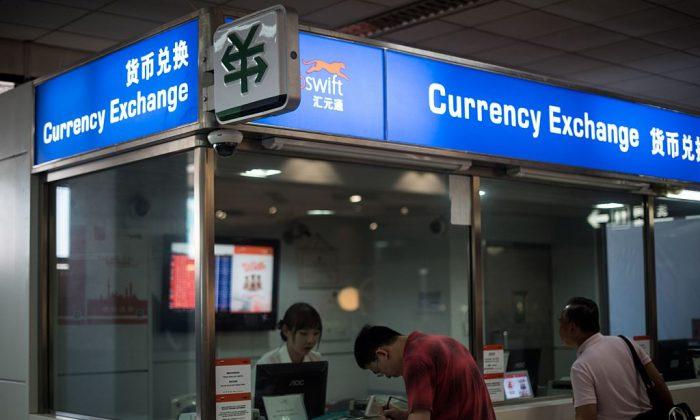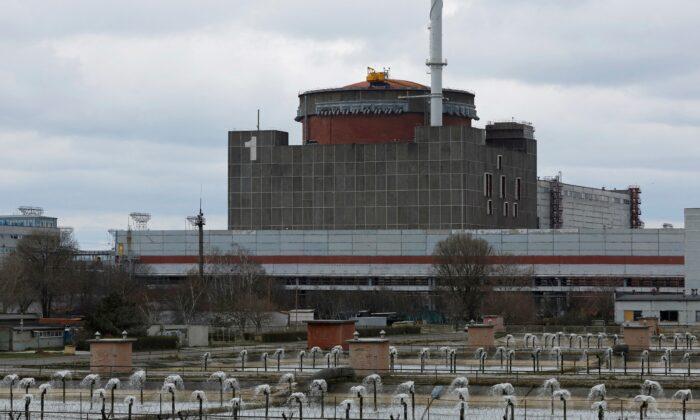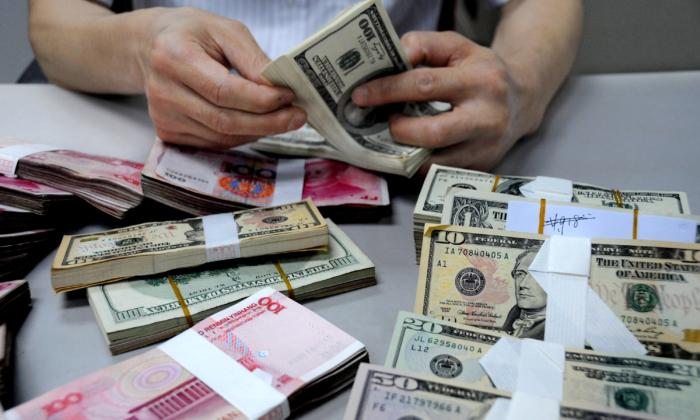After nearly 70 years, the Chinese Communist Party (CCP) appears to be returning to a planned economy, and striving to establish a unified national market. China experts believe that the CCP hopes to stimulate domestic demand in response to big changes in the external demand that may occur at any time should the world begin decoupling from China.
On April 10, the CCP’s State Council issued a notice called “Opinions on Accelerating the Construction of a Unified National Market,” calling for the establishment of a “super-large domestic market“ with its foothold on “domestic demand.” The unified national market involves such aspects as resources, goods, services, and market supervision, while the resource market covers land and labor, capital, technology and data, energy and ecological environment, etc.
Albert Song, a researcher at Tianjun, a political and economic think tank, told The Epoch Times that this notice basically covers all economic fields.
If you link various clues that emerged recently, you can see that the CCP is constantly adjusting its strategy according to changes in the international situation, he said. “From the ‘structural reform on the supply side’ to the economic ‘internal circulation,’ and then to the current ‘national unified market,’ the CCP’s economic policy is constantly going toward self-reliance—eager to develop the domestic market in an all-round way, to cope with a changing external demand driven by decoupling from the rest of the world.”
Song has 27 years of experience in China’s financial industry, focusing on research in China’s political and economic fields.
Although China has the largest consumer market in the world, considering factors such as China’s extreme pandemic controls and economic downturn, Song believes that “China’s consumption power is not optimistic.”
He also believes that the COVID-19 pandemic and the Russia-Ukraine war have helped the world realize that globalization is bound to end, and each country needs to rebuild its respective industry and supply chains so they can stay away from the threats from rogue regimes.
“The CCP is the biggest threat in the whole world. It uses its status as one of the five permanent members of the United Nations and its economic advantages to support Russia’s aggression, both explicitly and secretly. The Russia-Ukraine war has given the CCP a good opportunity to observe and learn what should be done if economic sanctions on Russia were to be imposed on China.”
Although the CCP’s official media claimed that the unified national market is not meant to return to the planned economy, some investors outside China believe that its essence is the planned economy.
Mike Sun, a private investment consultant in North America, told The Epoch Times that on the one hand, the CCP wants to strengthen control of the central government and further weaken the local “feudal economy.” On the other hand, it is necessary to strengthen the so-called “internal circulation” that is boosting domestic consumption, to prepare for the decoupling of U.S.-China economic and trade ties, as well as economic sanctions that may occur in the future. The unified market is essentially “planned economy 2.0,” Sun said.
From 1953 onwards, the CCP has been implementing collective ownership of expropriated land, transferring property rights from the former landlord class to the Chinese state. By 1956, China had completely entered a “planned economy” when 99 percent of private industrial households and about 85 percent of private commercial businesses were held as “public-private partnerships.”
Zhuge Mingyang, an independent writer and commentator, pointed out that the planned economy brought long-term economic difficulties to China, and the so-called ‘public-private partnership’ also pushed many capitalists—private company owners—to the limit, as many committed suicide. “To a certain extent, the history of the CCP’s rule is the process of constantly plundering national wealth. As a professor at Xiamen University said 20 years ago, the CCP only did two things after coming to power: Mao turned ‘private properties’ into ‘state properties’ after 1953, and Deng turned ‘state properties’ to ‘Party property’ after 1983,” he said.






Friends Read Free